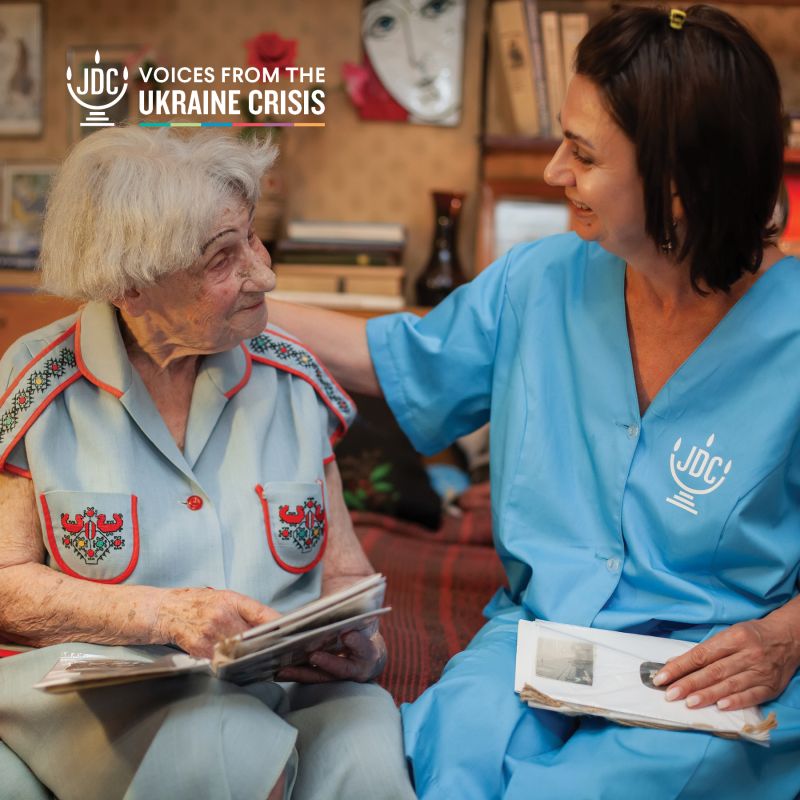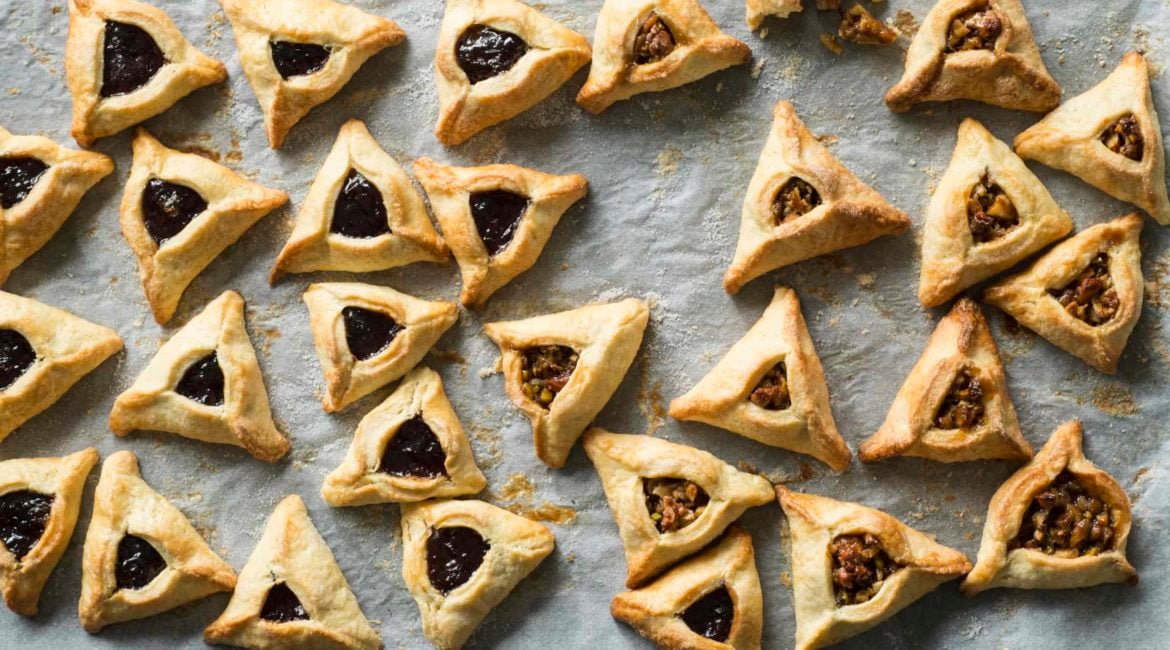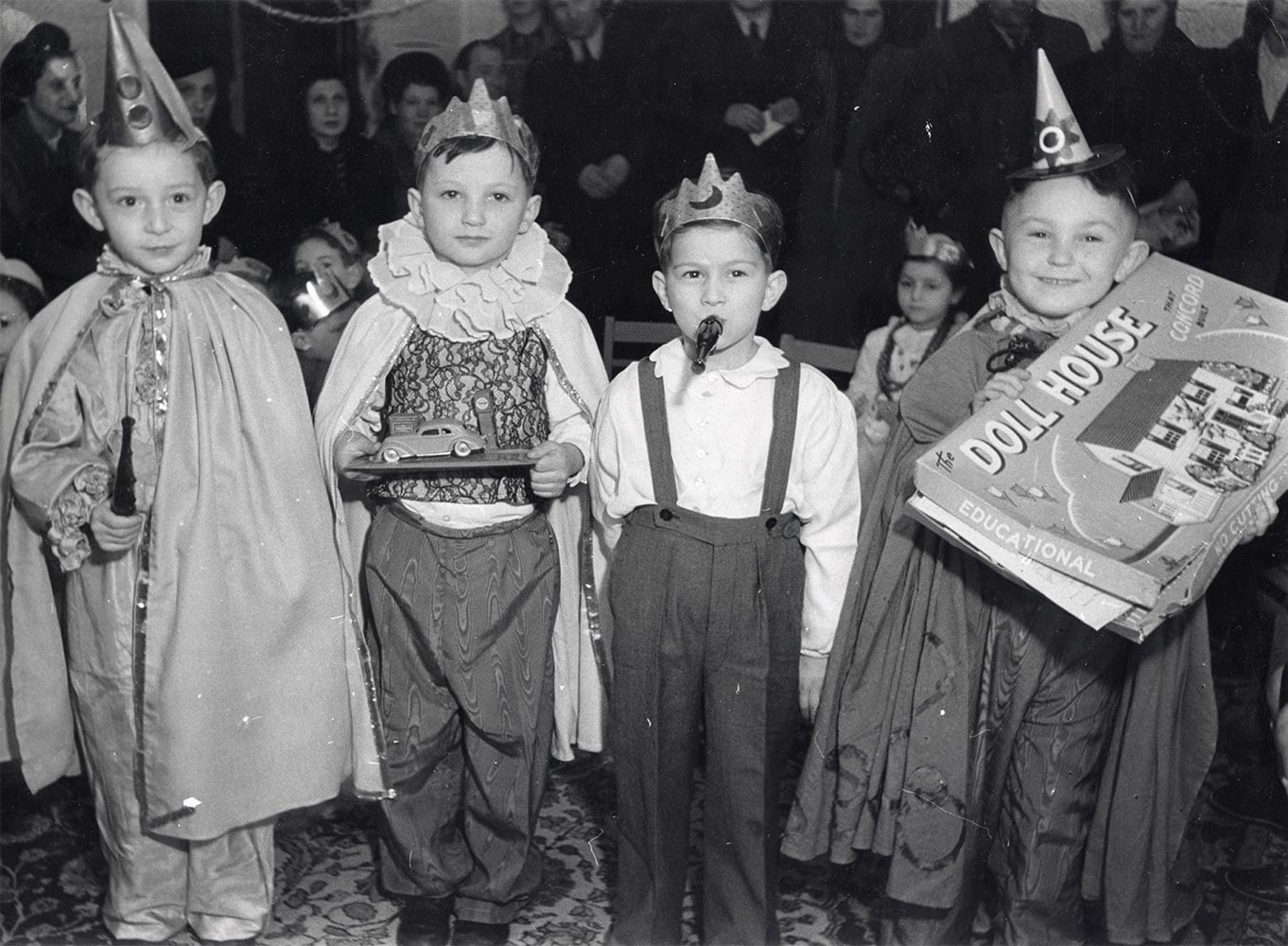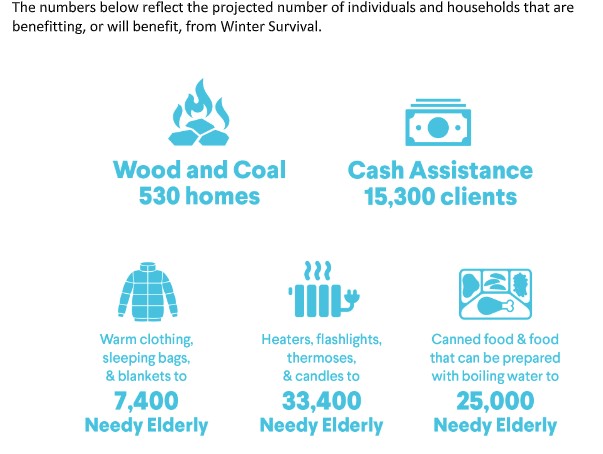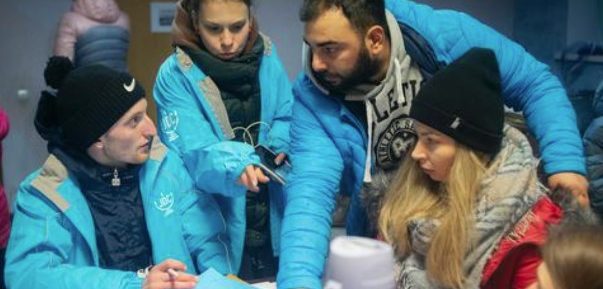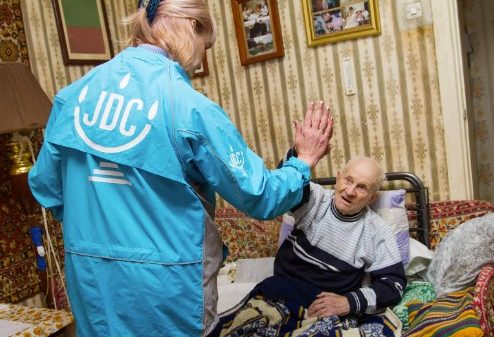A Message From Our President, Eva Fischl OAM
On Saturday October 7th, at 9.27 am, Roni Eshel, wrote to her mother “Hey Mom, I’m fine, on duty don’t worry, I love you.”
Her mother replied, “I love you too, let me know what’s happening.”
This was the last communication anyone had with Roni. The family had no news. Was she kidnapped? Killed? Injured? Five other soldiers from her unit were also listed as missing. Six families, left in the dark, not knowing, fearing the worst.
Nine year old Tamar rushed with her family to their home shelter when the sirens started blaring. Tragically, this seemed one siren too many for the 9 year old’s gentle heart. She suffered a severe heart attack, although doctors fought for a week to save her life, she didn’t survive.
Twenty-three year old Shani Lok was kidnapped from the Nova Festival, on October 7th. In video footage released from the terrorists themselves, Lok is seen being brutally dragged into the van, abused. Subsequently, the knock at the door came, the knock that every Israeli fears, bringing news of Shani’s death. She was identified from a bone at the base of her neck. Shani’s parents sent their lovey girl to a music festival, where she was brutally murdered, and now they can’t even bring her body home for burial.
These stories continue with explicit information about 1,400 people.
THIS IS THE ISRAELI REALITY.
Grief, pain, anxiety, and loss… inexorably intertwined.
WE are all bound up in this tragedy together.
Unfortunately, Jews living in the Diaspora are also consumed by fear and anger, frustration and worry, about the waves of antisemitism reverberating around the world, with calls for Jewish genocide in North America, Europe, and even in our country, Australia.
John Lennon has a song called “Imagine.” Imagine, a world without Wars. Imagine how Gaza could flourish without Hamas and without terrorism. Imagine how life would be in Israel IF we could have peace with all our neighbours. Imagine our communities without antisemitism.
Unfortunately, I can’t see this utopian world, being realised in the near future.
However, I can assure you that the JDC (The Joint) is there… working hard to make a better world than we have. It is impossible to list all the work the Joint is doing, as they are the right hand of the Israeli Government in Social Service Provision, at all times.
During war, the most vulnerable are even more at risk…
Just one example: at the Dead Sea JDC (the Joint) has erected as much of a haven as it can, for thousands of children. They are in hotels, they have erected tents, which they have beautified, with toys, furniture, and all sorts of reminders of their usual environment. They are working to create an oasis for traumatised children. They are providing ’the miracle” of a stable life for the children affected by trauma, in the middle of a horrendous war. The Joint is partnering with the parents, professionals, and doctors to give an anchor to these children who have experienced such fear and terror.
One can cry for these beautiful children, who are growing up with the sound of sirens, fleeing, terror, and fear.
But we, at Joint, are there for them and their parents, buffering their terror, in the best way we can, using the 109 years of experience, that this organization has gained in times of peril and disaster,
PLEASE STAND UNITED WITH US
PLEASE DONATE TO THE WORK OF JDC (JOINT) as we help the Children of Israel, the next generation of Israeli citizens, as they navigate through the debris of tragedy, to find a small haven of ‘normality.’
Thank you,
Eva
DONATE NOW: https://bit.ly/forIsraelichildren

